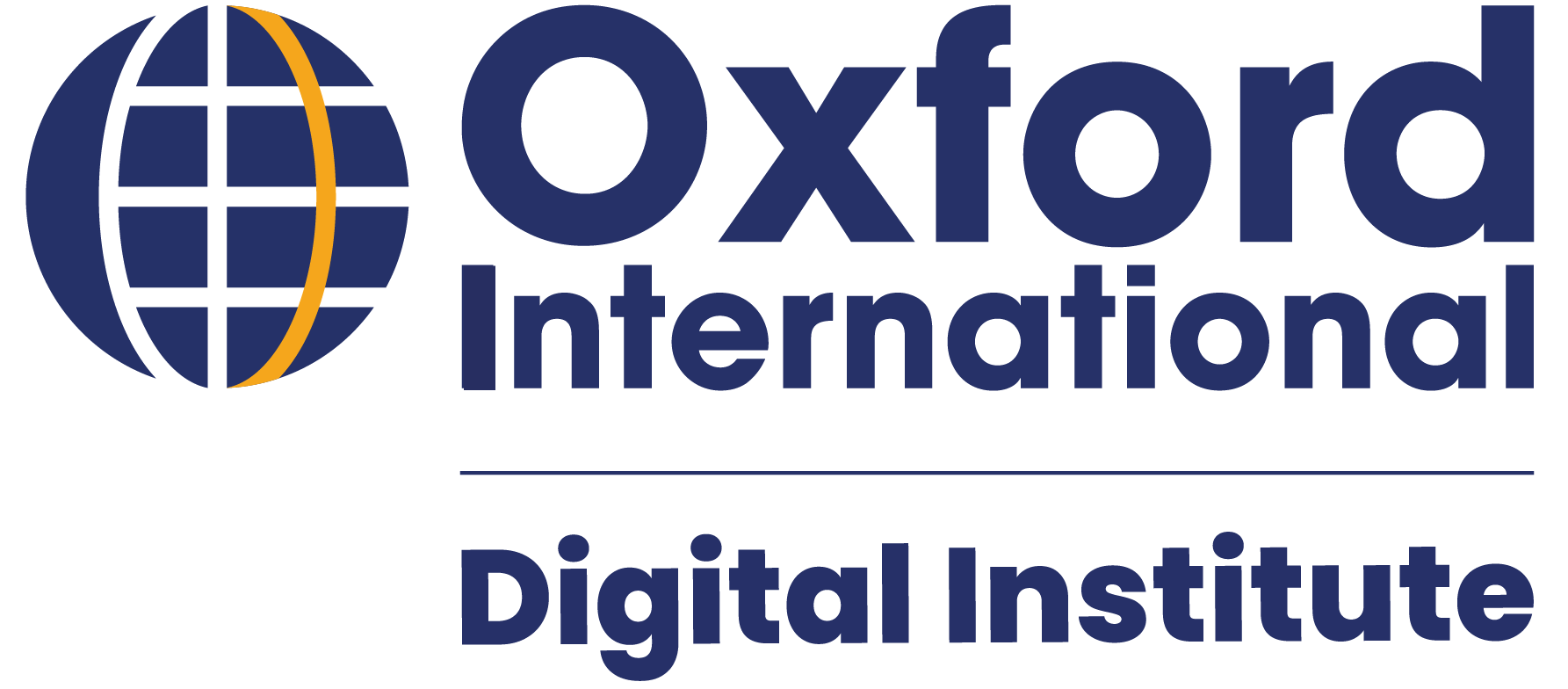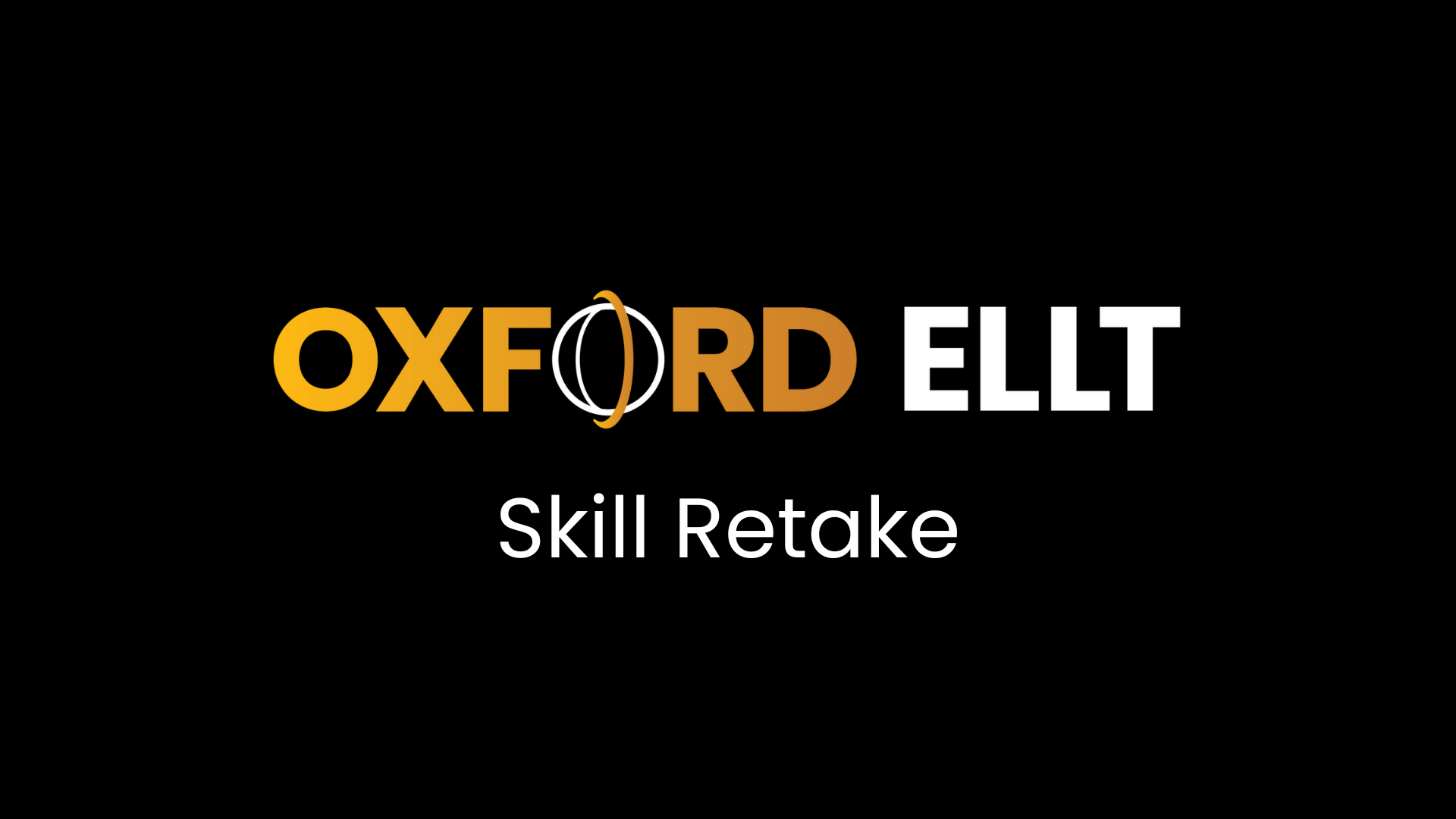In the ever-evolving landscape of healthcare services, the demand for skilled professionals continues to surge. From caregivers to technicians, the industry has many different roles focused on keeping people and communities healthy and safe. However, as the complexities of modern healthcare deepen, so does the necessity for comprehensive training and education.
In this blog, we talk about the growing need for specialized diplomas in Adult social care. These diplomas help people who want to work in healthcare and public health by giving them the knowledge and skills they need to succeed.
Diplomas in care impact the global healthcare system by:
- Addressing critical health and social care workforce shortages worldwide.
- Providing skilled professionals to deliver quality care in underserved regions.
- Contributing to improving health outcomes and reducing disparities globally.
- Enhancing health service infrastructure in developing countries by training local professionals.
- Facilitating cross-cultural exchange and collaboration in healthcare practices.
- Promoting standardised care practices and ethical standards on a global scale.
- Empowering individuals to become agents of change in local, national, and global health settings.

Understanding the Healthcare Workforce Demand
The healthcare industry encompasses a broad spectrum of careers, ranging from nursing and medical assisting to radiology and physical therapy. With an ageing population and advancements in medical technology, the demand for skilled professionals is skyrocketing.
There is a global shortage of healthcare workers, with the WHO estimating a healthcare workforce gap of around 14.5 million by 2030. As such, healthcare occupations are projected to grow much faster than the average for all occupations. This surge in demand underscores the critical need for well-trained individuals to fill these roles and provide quality care to patients.
The Role of Diplomas in Care
Diplomas in care offer a practical and focused approach to healthcare education, equipping students with the essential knowledge and skills needed to thrive in their chosen field. These programs provide hands-on training, covering topics such as patient care, medical terminology, infection control, and ethical considerations. Whether aspiring to become a certified nursing assistant (CNA), medical administrative assistant, adult social care professional or pharmacy technician, a diploma in care lays the groundwork for a successful career in healthcare.
Bridging the Skills Gap
One of the most significant challenges facing the healthcare industry is the widening gap between the demand for skilled professionals and the available workforce. Diplomas in care play a crucial role in bridging this gap by offering accelerated pathways to entry-level and mid-level positions across different countries. Unlike traditional four-year degree programmes, which may require several years to complete, diploma programmes typically span a shorter duration, allowing students to enter the workforce sooner and start making an immediate impact in their respective roles.
Meeting the Needs of Diverse Learners
Another advantage of diplomas in care is their accessibility to a wide range of learners. Whether transitioning from another career, seeking to upskill in a specific area, or entering the workforce for the first time, these programmes cater to individuals with diverse backgrounds and experiences. Additionally, many diploma programmes offer flexible scheduling options, including evening or weekend classes, making it easier for students to balance their education with work and other commitments.
Empowering the Healthcare Workforce of Tomorrow
As the healthcare landscape continues to evolve, the need for skilled and compassionate professionals remains constant. Diplomas in care serve as a gateway for individuals passionate about making a difference in the lives of others. By providing comprehensive training and education, these programs empower the healthcare workforce of tomorrow to meet the growing demands of an ever-changing industry while delivering high-quality care to patients across the globe.
In the dynamic world of healthcare, the pursuit of a meaningful career begins with a solid foundation of training and education. Diplomas in care offer a streamlined pathway for individuals eager to enter the field and make a positive impact on the community. As the demand for skilled professionals continues to rise, investing in specialised education becomes increasingly vital, ensuring that the healthcare workforce remains equipped to meet the challenges of tomorrow.









